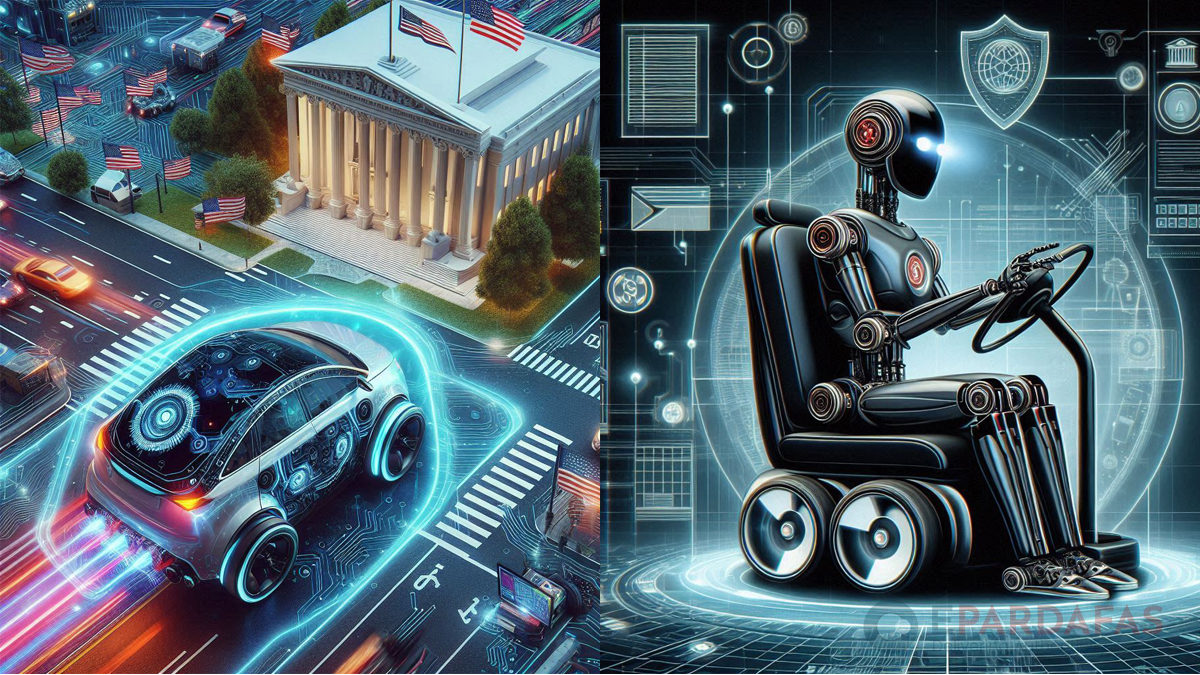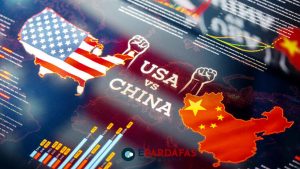
U.S. Commerce Department to Propose Ban on Chinese Software in Autonomous Vehicles

The U.S. Commerce Department is preparing to propose new regulations that would bar the use of Chinese software in autonomous and connected vehicles, according to sources familiar with the matter. The Biden administration’s upcoming rule is set to target vehicles with Level 3 automation and above, effectively banning the testing of Chinese-produced autonomous vehicles on U.S. roads.
The proposed regulations will also extend to vehicles equipped with advanced wireless communication modules developed in China, the sources added. Automakers and suppliers will be required to ensure that none of their connected vehicle or advanced autonomous vehicle software originates from “foreign entities of concern” like China.
Last month, the Commerce Department announced plans to issue proposed rules concerning connected vehicles, expected to include restrictions on certain software made in China and other countries considered adversaries. A spokesperson for the Commerce Department commented on Sunday, stating that the department “is concerned about the national security risks associated with connected technologies in connected vehicles.”
The Bureau of Industry and Security within the Commerce Department will release the proposed rule, which will target specific systems within vehicles. Industry stakeholders will have the opportunity to review and provide feedback on the proposed rule.
The Chinese Embassy in Washington has yet to respond, but the Chinese foreign ministry has previously urged the U.S. to respect market economy laws and fair competition principles. The ministry has argued that Chinese cars are globally popular due to their emergence from fierce market competition and technological innovation.
In a meeting held on Wednesday, the White House and State Department, along with allies and industry leaders, discussed the national security risks associated with connected vehicles. Officials from countries including the United States, Australia, Canada, the European Union, Germany, India, Japan, the Republic of Korea, Spain, and the United Kingdom exchanged views on data and cybersecurity risks related to connected vehicles and certain components.
Level 3 automation, also known as conditional driving automation, involves technology that allows drivers to engage in activities such as watching movies or using smartphones under specific conditions.
In November, a group of U.S. lawmakers expressed concerns about Chinese companies collecting and handling sensitive data while testing autonomous vehicles in the United States. They raised questions with ten major companies, including Baidu, Nio, WeRide, Didi Chuxing, Xpeng, Inceptio, Pony.ai, AutoX, Deeproute.ai, and Qcraft. These lawmakers noted that, in the year ending November 2022, Chinese autonomous vehicle companies logged over 450,000 miles of test drives in California.
Transportation Secretary Pete Buttigieg stated in July 2023 that the department had national security concerns regarding Chinese autonomous vehicle companies operating in the United States. The administration fears that connected vehicles could potentially use driver monitoring systems to listen to or record occupants or even take control of the vehicle itself.
Commerce Secretary Gina Raimondo emphasized the severity of the issue in May, stating, “The national security risks are quite significant. We decided to take action because this is really serious stuff.”












Comments